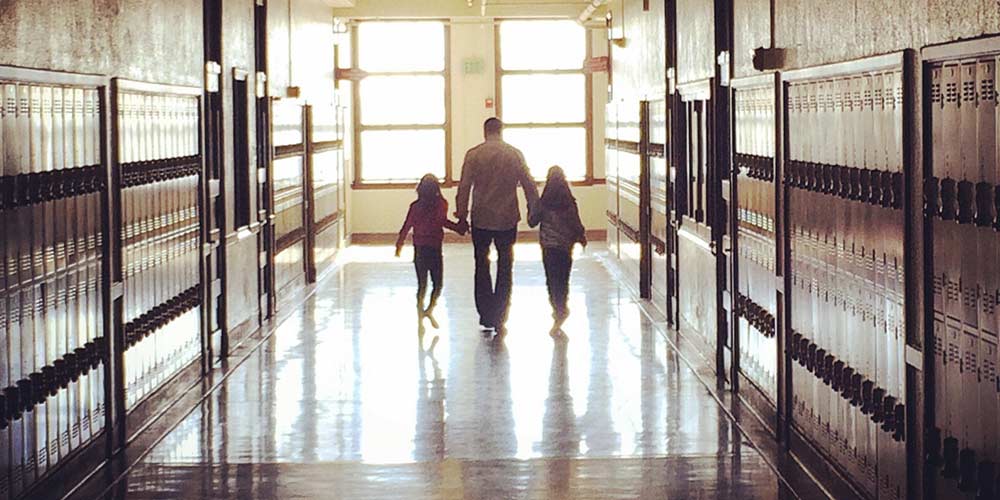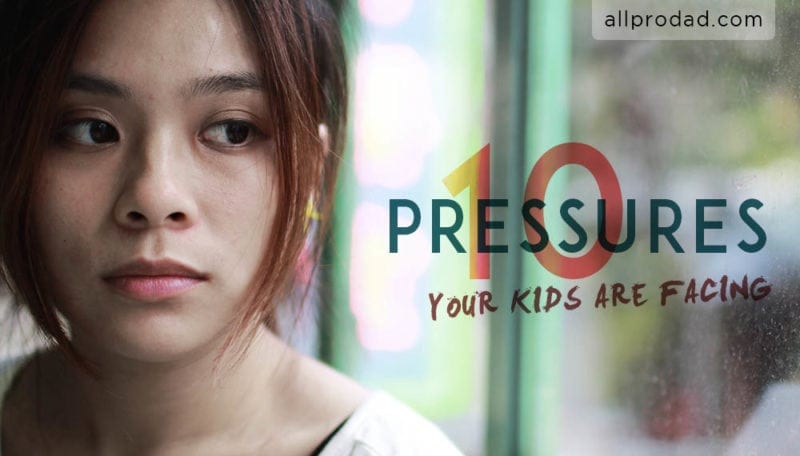No matter where we stand vis-à-vis guns and the reach of the 2nd amendment, everyone stands in agreement that we want our kids to be secure at school. We want them to both feel and be safe, we want them to enjoy their freedom, and we want them to learn. As a school teacher, I disarmed a student on more than one occasion, I dealt with violent families, and I worked with both school-wide and county-wide crisis intervention. There are a hundred different variables to consider when it comes to safety at school; but there are only a few children we are responsible for as parents.
This post is about you and your child. Given the volatile climate and the ongoing public discussion about violence, how can you increase your confidence about your child’s safety at school? Here are 7 ways.
Note: The following 7 ways to increase your confidence are by no means exhaustive. But these ideas do stand as a helpful starting place for this important conversation.
1. Teach your child to treat absolutely everyone with respect
Every teacher, every staff member, and every child is worthy of respect. Respect regardless of any potentially mitigating factor. It doesn’t matter if your child likes the other person and it doesn’t matter if they appear unworthy. Give respect regardless.
2. Put your listening ears on
Too many of us have little idea what’s going on in our children’s day-to-day lives. Take time to stop talking and to practice listening. Believe it or not, your child wants to clue you in.
3. Encourage your child to practice kindness, goodness, patience, and more
Similar to #1, but more proactive. Kindness is not passive, it seeks opportunity. Goodness is as much about positive action as staying out of trouble. Patience requires good listening, self-control, and an open heart.
4. Teach your child to avoid getting caught up in drama
Fights, gossip, bullying, complaining, “he said, she said,” teasing, leaving others out of a secret… Teach your child to be the child at school who absolutely anyone can talk to without regretting it later – your child can be the moderating voice.
5. Have a plan in place and practice with your child
Acknowledge the reality of danger. Make sure your child knows what to do and knows how to follow through. Make yourself familiar with the school’s active shooter protocols. Show up and get involved in developing policy. What you don’t know will hurt you.
6. Teach your child to be still
God forbid danger actually unfolds, but understand how attention is drawn. The best camouflage is absolutely no movement; movement catches the eye. It doesn’t matter if you look exactly like a piece of furniture if you move that movement is noticed. Teach your child to A) Follow the teacher’s directions, and B) Not draw unwarranted attention.
7. Pray. This is not about a particular religion, it’s about being at peace with God
Kindness is not passive, it seeks opportunity.Teach your child to practice more than a surface-level faith. No matter what happens, prayer is comforting and powerful. Prayer really does change things.










